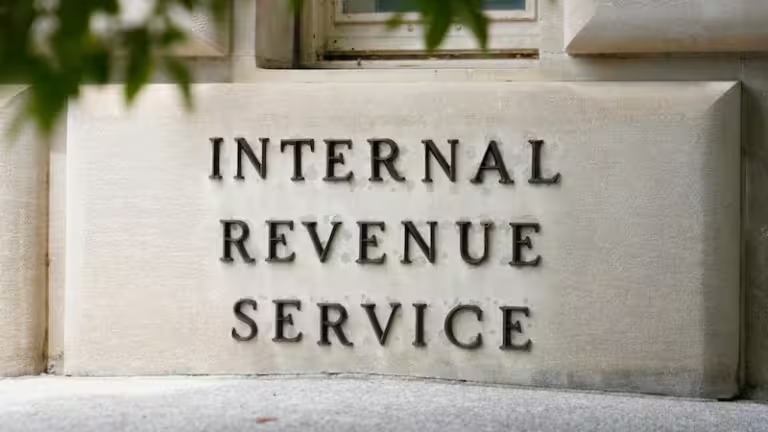IRS wage garnishment is a legal measure where the IRS directly deducts part of your salary to settle unpaid taxes. This happens when your employer is instructed to withhold a certain amount from your paycheck, forwarding it to the IRS until your tax debt is cleared. Badran Tax offers expert guidance to help you manage this challenging situation.
Why Does the IRS Implement Wage Garnishment?
Wage garnishment is typically a last resort for the IRS to recover unpaid taxes after other collection efforts have failed. Common reasons include:
- Unpaid Taxes: The failure to settle federal income taxes is the primary reason for wage garnishment.
- Ignoring IRS Notices: Consistently overlooking IRS notices and not responding or arranging to settle your tax debt can lead to wage garnishment.
- Back Taxes: Unfiled tax returns or unpaid taxes from previous years can trigger this enforcement.
- Tax Audit Findings: If an audit reveals unpaid taxes and you don’t address the assessment, wage garnishment may be used to recover the dues.
The Wage Garnishment Process
The IRS follows a set procedure to initiate wage garnishment:
- Initial Notice: You’ll receive a “Final Notice of Intent to Levy and Notice of Your Right to a Hearing.”
- Waiting Period: There’s a 30-day period after the final notice before garnishment starts, allowing time for a response or solution exploration.
- Garnishment Enforcement: The absence of a response leads to wage garnishment, where your employer is obligated to deduct part of your wages from the IRS.
Preventing IRS Wage Garnishment
To avoid the financial and personal implications of wage garnishment:
- File Taxes Timely: Even if you can’t pay in full, file your returns to avoid penalties.
- Negotiate Payment Arrangements: Work with the IRS to establish installment agreements if you’re unable to pay the full amount.
- Seek Professional Help: Tax attorneys, CPAs, or enrolled agents, like those at Badran Tax, can offer expert assistance.
Responding to a Wage Garnishment Notice
If you receive a wage garnishment notice:
- Review the Notice: Understand the details, including the due amount and response deadline. Check for any inaccuracies.
- Gather Documentation: Collect relevant tax returns, pay stubs, and financial records.
- Contact the IRS Promptly: Engage with the IRS immediately to discuss your situation. Badran Tax can assist in this process.
Negotiating with the IRS on Wage Garnishment
You can negotiate with the IRS to lift a wage garnishment under certain conditions. The IRS is open to discussions with taxpayers committed to resolving their tax debt. Badran Tax can guide you through these negotiations.
Your Rights in the Face of Wage Garnishment
You have specific rights during the garnishment process:
- Right to Due Process: Receive appropriate notice and the chance to be heard.
- Right to Appeal: Contest the IRS’s decision through an appeal.
- Right to a Hearing: Request a hearing to present your case and explore alternatives.
Lifting an IRS Wage Garnishment
To lift a wage garnishment:
- Contact the IRS Immediately: Engage with the IRS using the contact details provided in the notice.
- Check Garnishment Accuracy: Verify the correctness of the garnishment and provide evidence if you believe there’s an error.
- Claim Financial Hardship: If the garnishment causes hardship, you may request a release.
- Settle or Negotiate a Payment Plan: Clear the debt or arrange a payment plan with the IRS.
- File an Appeal: If you disagree with the garnishment, appeal for a review.
Overcoming IRS Wage Garnishment Challenges
Understanding the reasons behind IRS wage garnishment and knowing the steps to resolve it are essential. Prompt action, professional assistance, and exploring all options can help you manage this issue effectively. Remember, clear communication with the IRS and being aware of your rights are crucial.
Badran Tax is here to support you through this process. Facing a tax problem? We’ve got you covered! Don’t let IRS wage garnishment overwhelm you – reach out to Badran Tax today, and let’s collaborate to find the best solution for your tax concerns!




